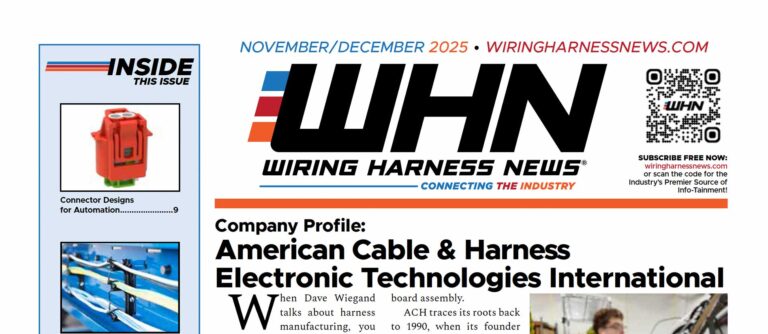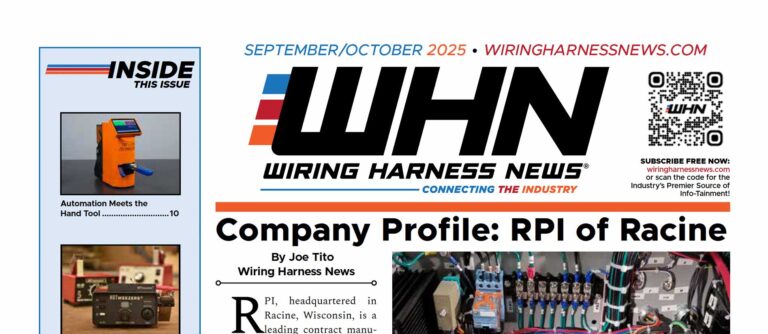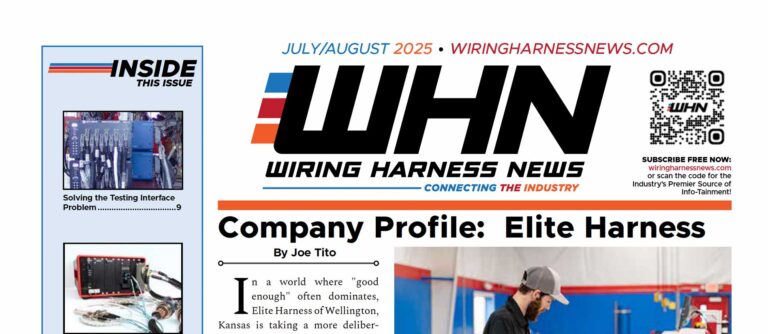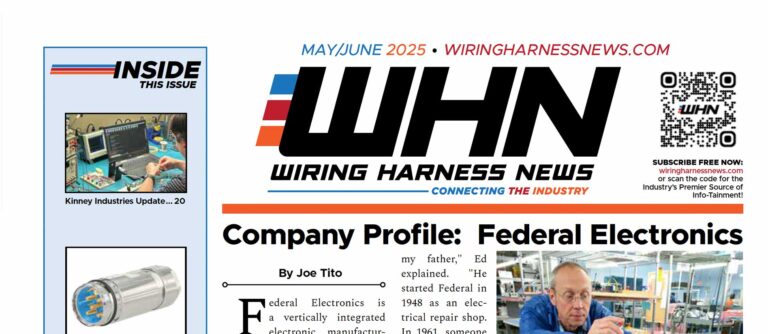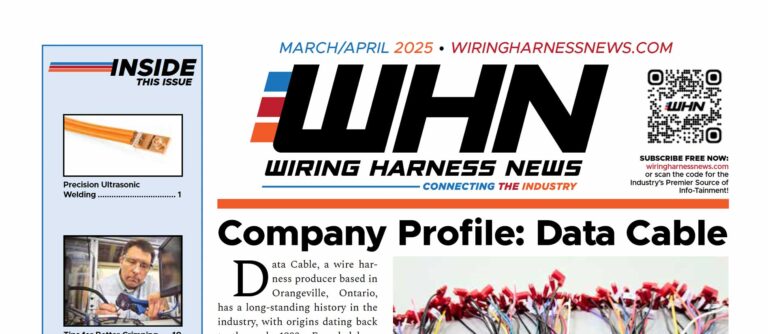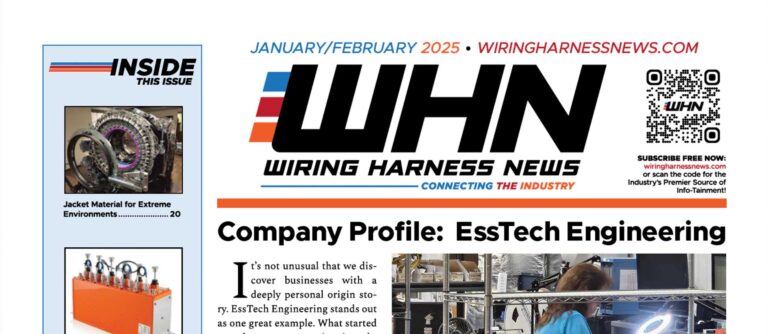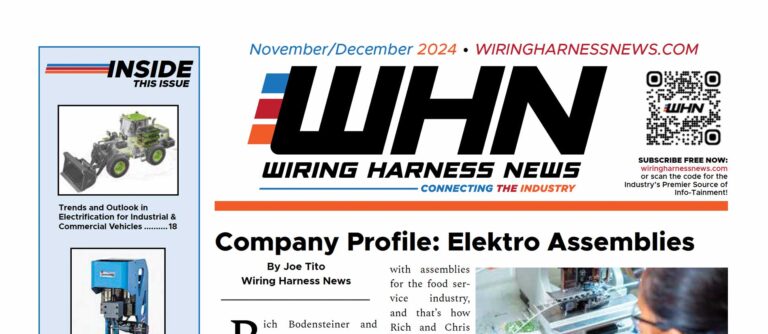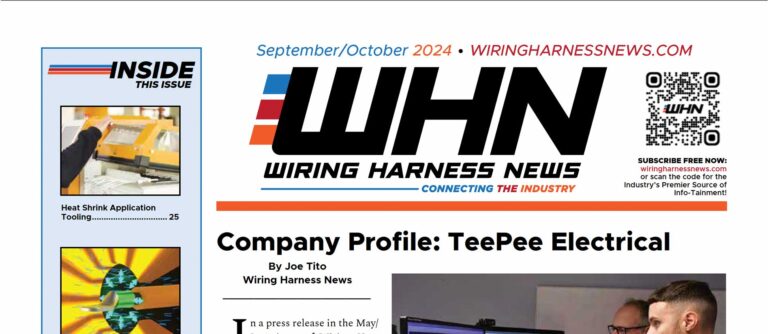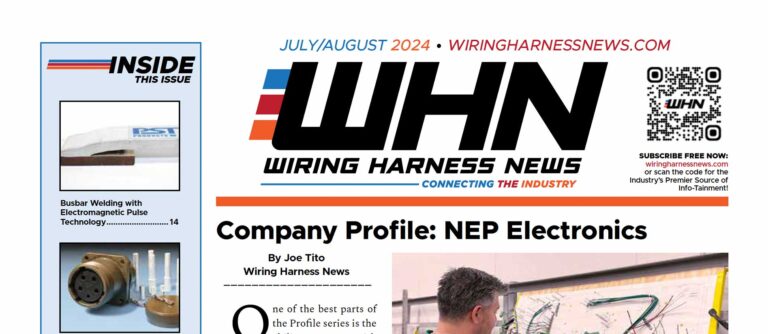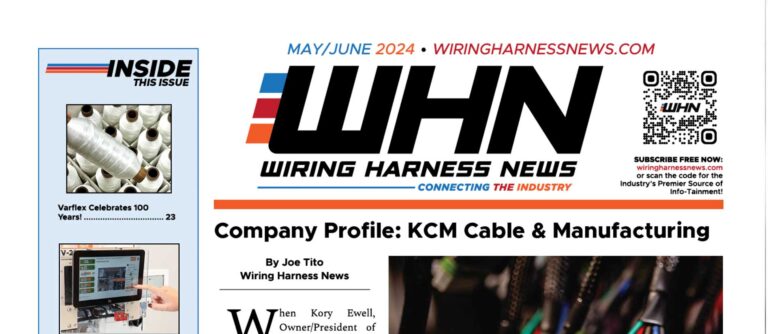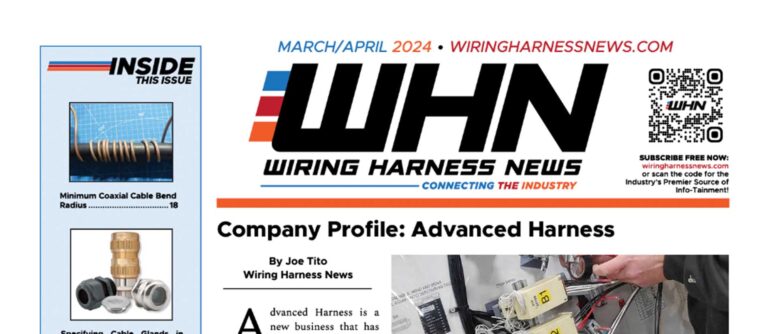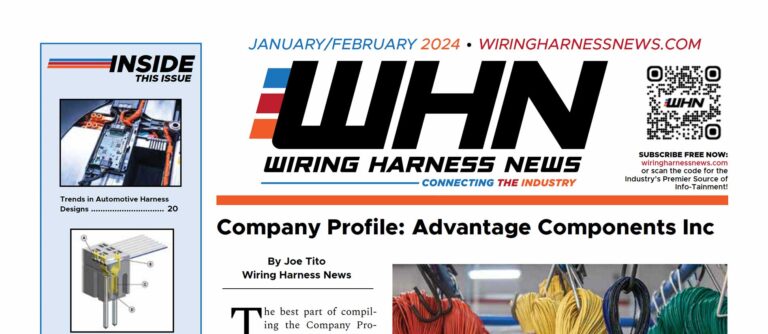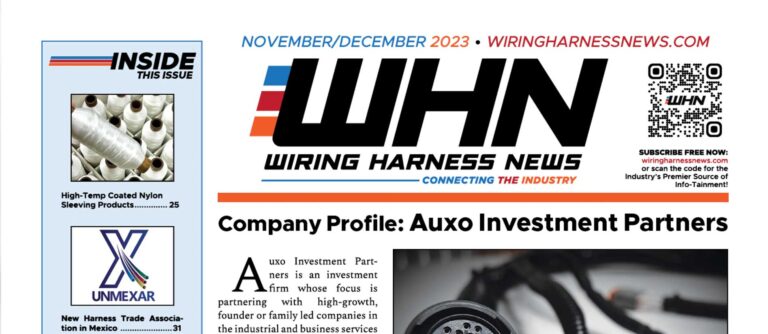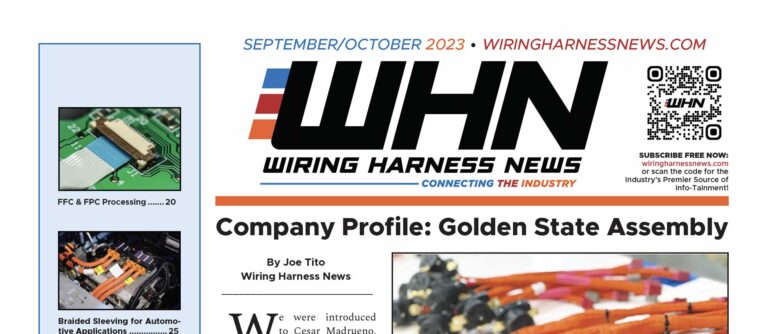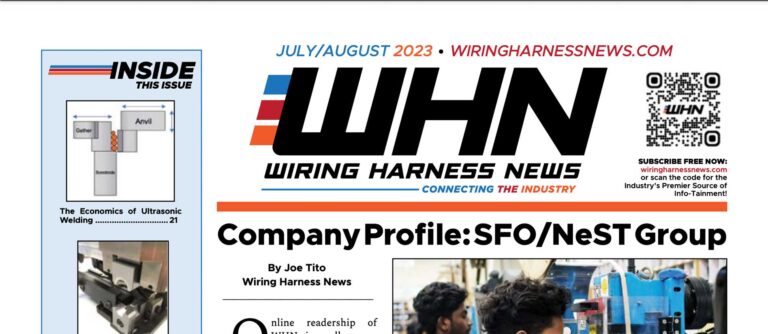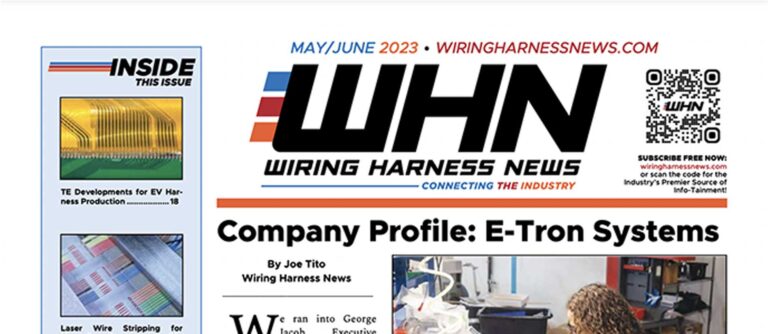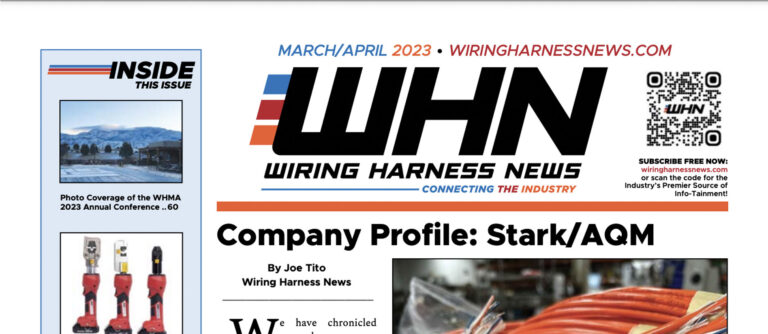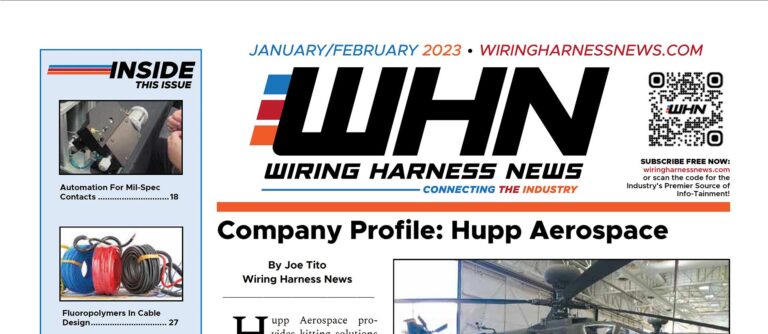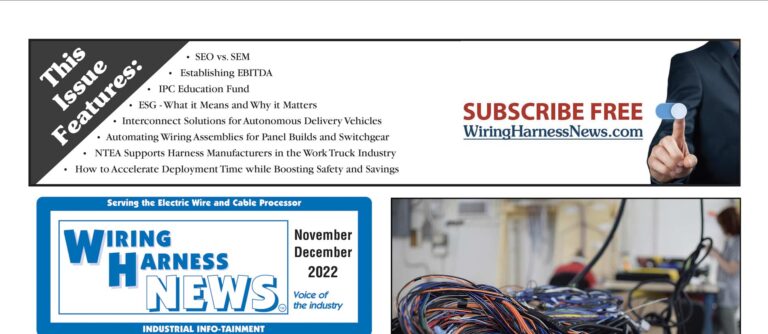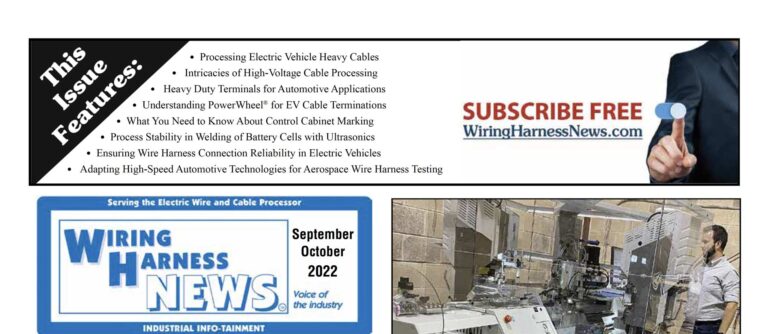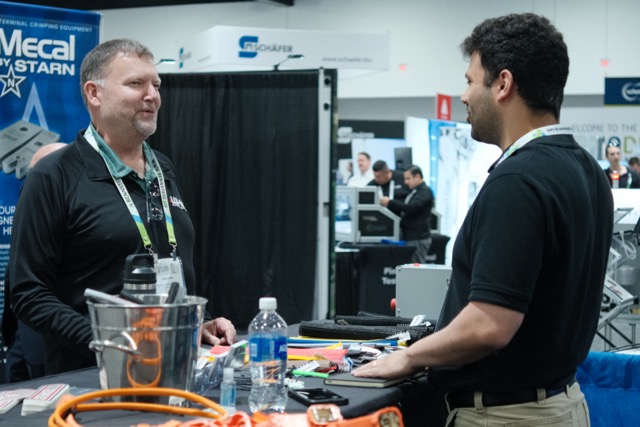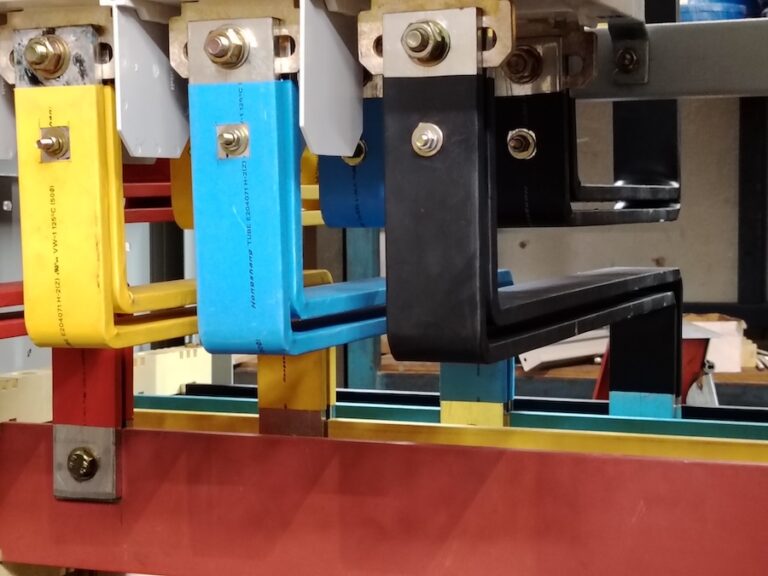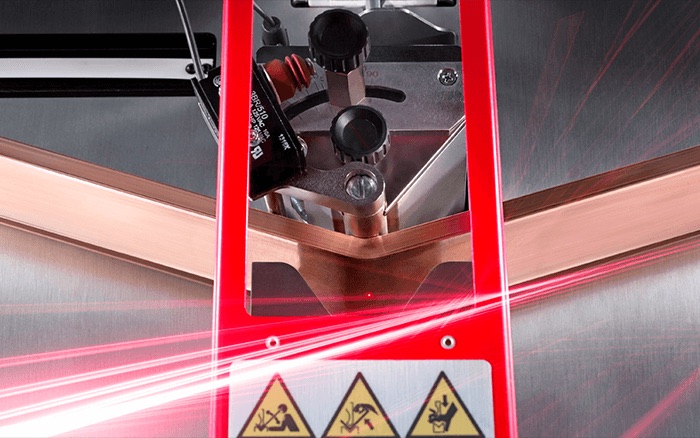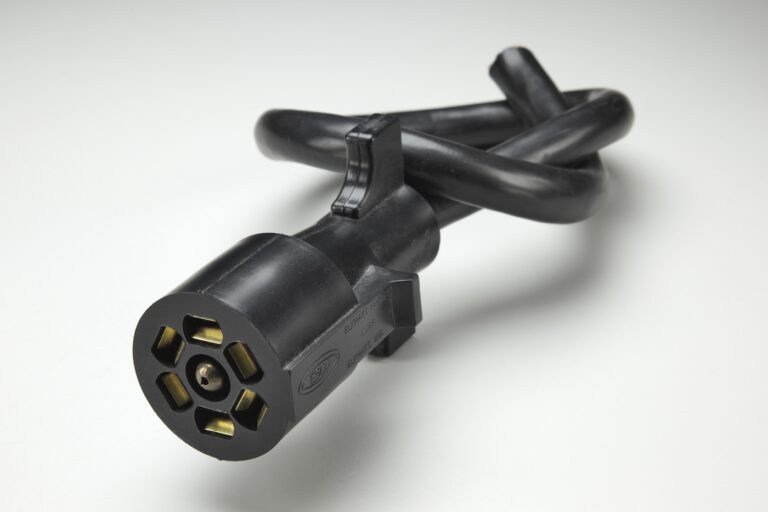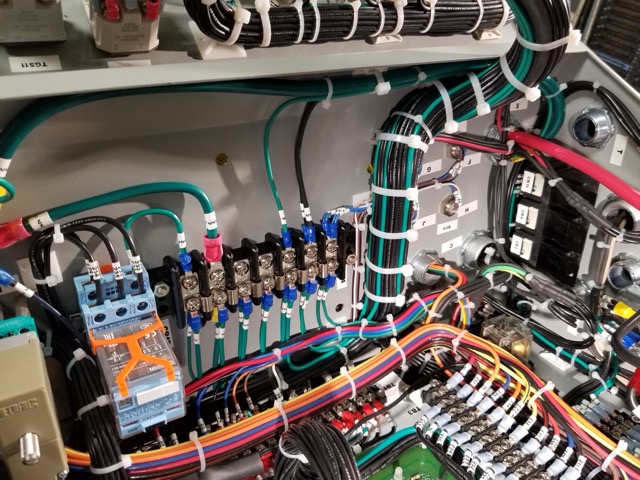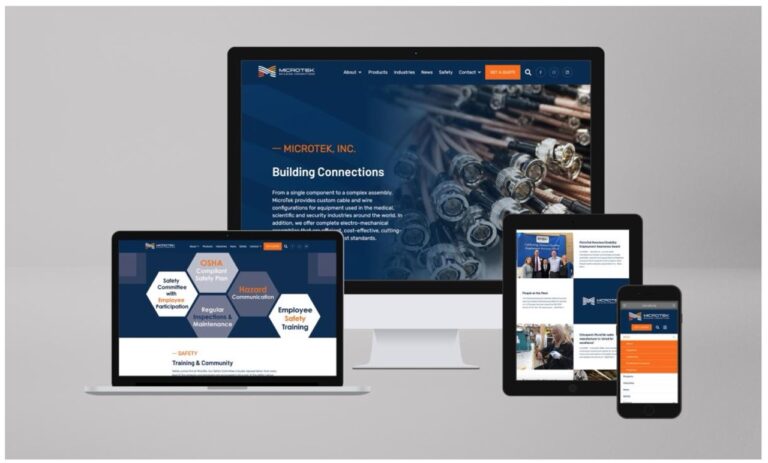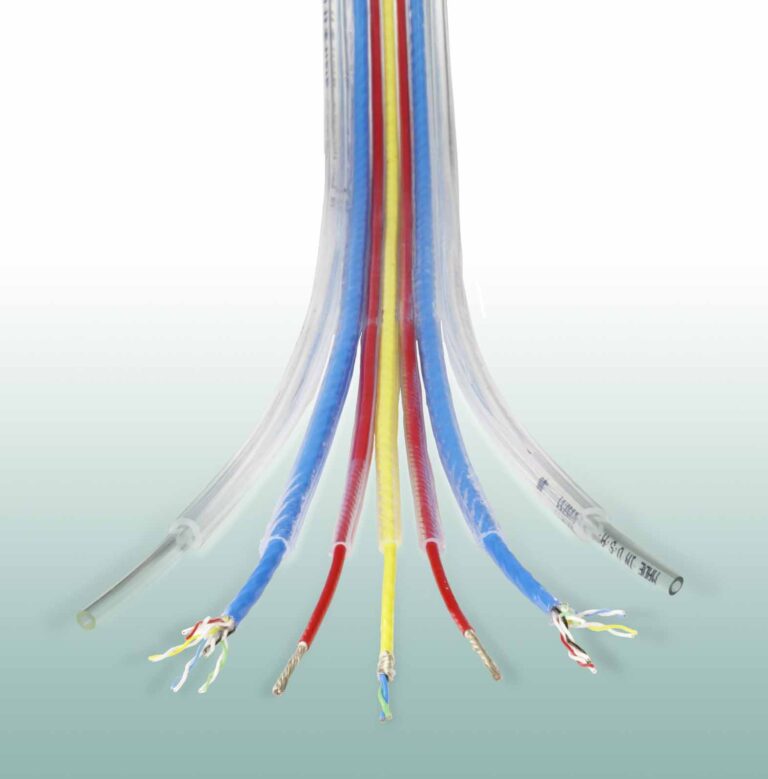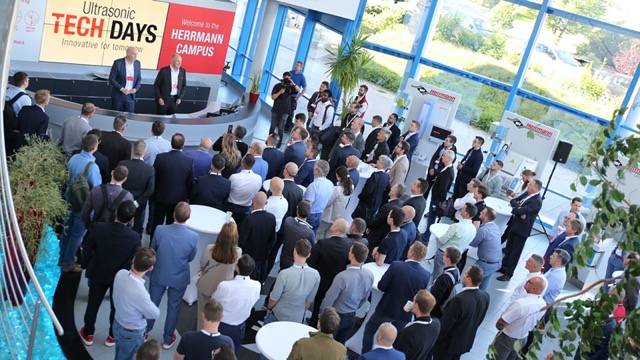By Greg Shine – Blue Valley Capital
The due diligence phase in selling a business can feel overwhelming, and as a sell-side advisor, I often meet business owners unsure of what to expect. This uncertainty is understandable, given the complexity of the process. I advocate for a phased approach to due diligence to ease the burden and make it more manageable. This strategy not only reduces disruptions but also brings clarity to both parties, allowing them to make well-informed decisions while safeguarding the integrity of the transaction.
A recent conversation with two wire harness company owners underscores the importance of early preparation and understanding. The first owner was enthusiastic about selling but struggled to articulate his reasons for doing so. His lack of preparedness, combined with his inability to address key due diligence checklist items, raised red flags. As a result, it became evident that representing him wouldn’t be the right fit for Blue Valley, at this time.
In contrast, the second owner, looking toward a potential sale in 2027, asked insightful questions about how to prepare his business. By starting early, he is positioning his company to maximize its value. He now has the time to address potential buyer concerns, strengthen key relationships, boost revenue, and showcase the business’s long-term sustainability and transferability. These conversations highlight why understanding the sale process and preparing in advance is critical to a successful transaction. Early preparation not only increases the business value but also makes the due diligence process smoother and more effective.
Adopting a phased approach to due diligence benefits both buyers and sellers by breaking down the process into manageable stages. This method allows buyers to evaluate the business’s viability step-by-step without overextending resources, while sellers can maintain control over the release of sensitive information and manage disruptions to business operations. Compared to a one-size-fits-all approach, a phased process can be tailored to the needs of both parties, ensuring a smoother transition from phase to phase.
For business owners in the wire harness industry, minimizing disruption is crucial. The phased approach ensures that day-to-day operations continue uninterrupted while gradually providing the necessary information. In the initial phase, buyers may focus on high-level financial overviews, while subsequent stages dig into more detailed areas such as HR, legal compliance, and manufacturing processes. This gradual release of information ensures that your team stays focused on running the business while addressing due diligence requirements at a pace that works for both sides.
Trust is essential in any business transaction, especially when proprietary information is involved. In the wire harness industry, your designs, processes, and customer relationships are critical assets. A phased approach fosters trust by gradually sharing information, allowing both parties to gauge commitment before divulging highly sensitive data. This not only builds rapport but also reduces the risk of misunderstandings or deal derailment.
Additionally, by addressing potential issues early in the process, such as financial discrepancies or compliance gaps, the phased approach reduces the likelihood of the buyer backing out later due to unexpected findings. This proactive method allows both sides to stay aligned throughout the sale.
Comprehensive due diligence can be costly, particularly when involving your legal and accounting team. A phased approach helps control costs by allowing buyers to assess whether they want to continue investing in deeper due diligence as they proceed through each stage. Sellers also benefit by avoiding exhaustive documentation upfront, only providing it once the buyer demonstrates serious intent. Moreover, confidentiality is better protected in a phased process. Early stages can involve sharing high-level financials and general company information, while more detailed disclosures—such as proprietary processes or key customer contracts—are reserved for later stages when the buyer has proven their commitment.
Selling your business is one of the most significant decisions you will make, and the process requires careful planning to ensure the best outcome. By employing a phased due diligence approach, you can minimize disruptions, build trust with potential buyers, control costs, and protect confidentiality at every step. As a sell-side advisor specializing in the wire harness industry, I have successfully guided business owners through this process, leading to favorable results. If you’re considering selling your business, I welcome the opportunity to discuss how a phased approach can be customized to meet your goals and maximize your business’s value.

